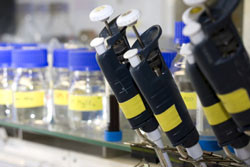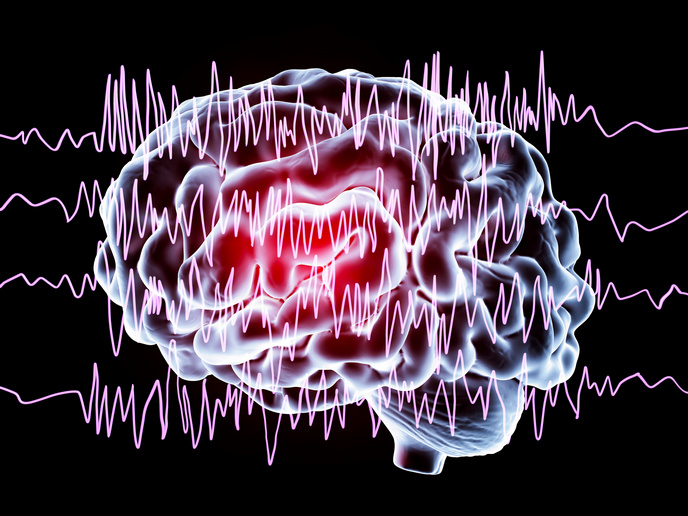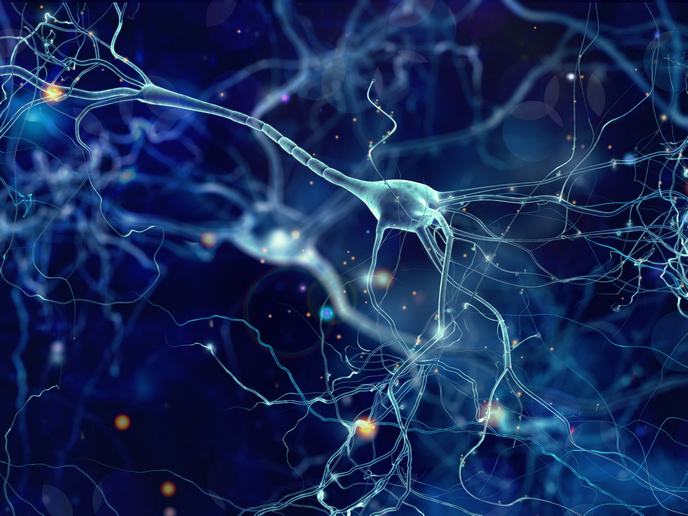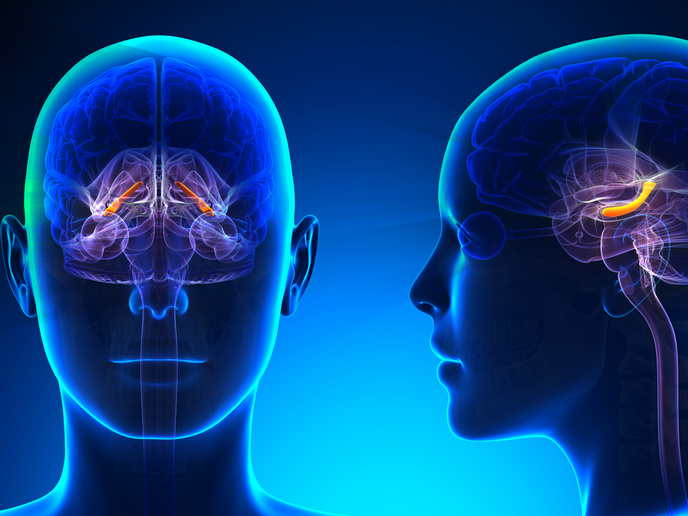Enzyme replacement for alpha-mannosidosis
Alpha-mannosidosis is a rare disease associated with an impaired breakdown of polysaccharides. It is caused by mutations in the gene encoding the lysosomal enzyme alpha-mannosidase (LAMAN), and leads to mental retardation and death in early childhood. Currently, ERT constitutes the most promising treatment for most lysosomal storage disorders. It entails introduction of the recombinant enzyme into the patient's circulation, which gets picked up by the cells and rescues the lysosome deficiency. However, no ERT has been developed for alpha-mannosidosis. The scope of the EU-funded ALPHA-MAN(opens in new window) project was to develop a therapeutic strategy using recombinant human enzyme for patients suffering from alpha-mannosidosis. The project based its work on the activities of the predecessor HUE-MAN project regarding large-scale production of the recombinant human enzyme and development of an ERT protocol. Considerable effort was devoted to finding the optimal drug dose for correcting the central nervous system pathology in mice. A new disease mouse model was developed that recapitulated the human alpha-mannosidosis phenotype. Treatment of mice resulted in an overall improvement of brain-associated symptoms. Researchers also made interesting pre-clinical observations regarding the long-term outcome of ERT based on discovery of the receptors that carry the rhLAMAN across the blood-brain barrier. The HUE-MAN project performed clinical trials in alpha-mannosidosis patients in centres across Europe, using the medicinal enzyme product rhLAMAN as a therapeutic agent. Enzyme administration was well-tolerated in patients and showed a statistically significant improvement for a number of the biochemical and clinical efficacy end points. Additionally, the disease mutation database(opens in new window) has been further developed to include new data from 27 additional patients. In total, the mutation database now contains genetic, biochemical and clinical data on more than 240 patients. Collectively, this information provides a comprehensive picture of the genetic aetiology of alpha-mannosidosis. The success of the ALPHA-MAN project to establish rhLAMAN as an ERT approach to the treatment of alpha-mannosidosis was communicated through press releases and conference presentations. It constitutes the first specific and evidence-based therapeutic intervention for this untreatable disease.







